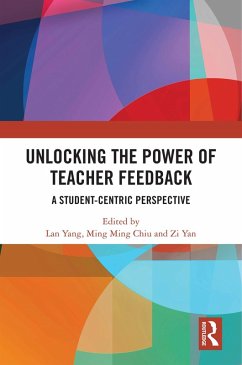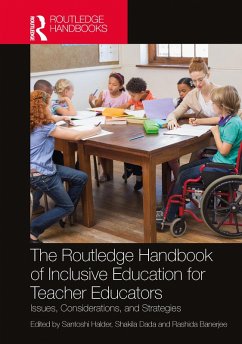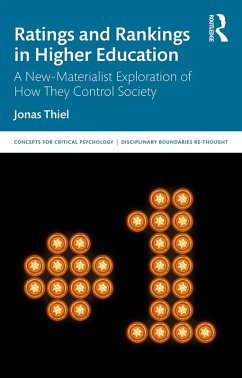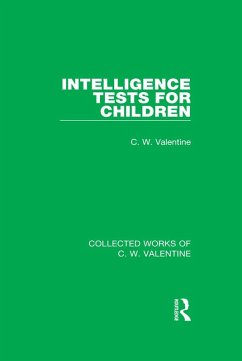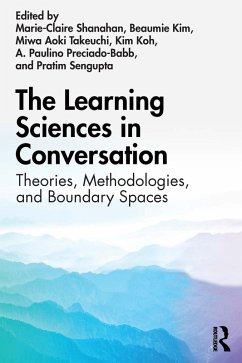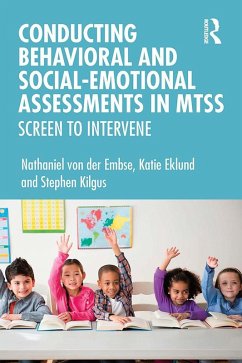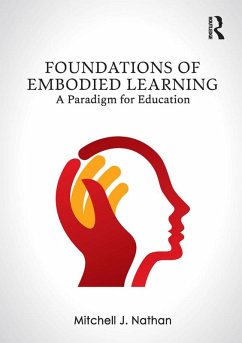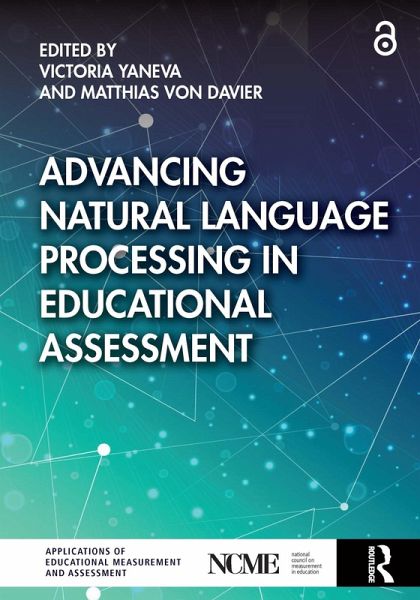
Advancing Natural Language Processing in Educational Assessment (eBook, ePUB)

PAYBACK Punkte
0 °P sammeln!
Advancing Natural Language Processing in Educational Assessment examines the use of natural language technology in educational testing, measurement, and assessment. Recent developments in natural language processing (NLP) have enabled large-scale educational applications, though scholars and professionals may lack a shared understanding of the strengths and limitations of NLP in assessment as well as the challenges that testing organizations face in implementation. This first-of-its-kind book provides evidence-based practices for the use of NLP-based approaches to automated text and speech sco...
Advancing Natural Language Processing in Educational Assessment examines the use of natural language technology in educational testing, measurement, and assessment. Recent developments in natural language processing (NLP) have enabled large-scale educational applications, though scholars and professionals may lack a shared understanding of the strengths and limitations of NLP in assessment as well as the challenges that testing organizations face in implementation. This first-of-its-kind book provides evidence-based practices for the use of NLP-based approaches to automated text and speech scoring, language proficiency assessment, technology-assisted item generation, gamification, learner feedback, and beyond. Spanning historical context, validity and fairness issues, emerging technologies, and implications for feedback and personalization, these chapters represent the most robust treatment yet about NLP for education measurement researchers, psychometricians, testing professionals, and policymakers.
The Open Access version of this book, available at www.taylorfrancis.com, has been made available under a Creative Commons Attribution-NonCommercial-No Derivatives 4.0 license.
The Open Access version of this book, available at www.taylorfrancis.com, has been made available under a Creative Commons Attribution-NonCommercial-No Derivatives 4.0 license.
Dieser Download kann aus rechtlichen Gründen nur mit Rechnungsadresse in A, B, BG, CY, CZ, D, DK, EW, E, FIN, F, GR, HR, H, IRL, I, LT, L, LR, M, NL, PL, P, R, S, SLO, SK ausgeliefert werden.





